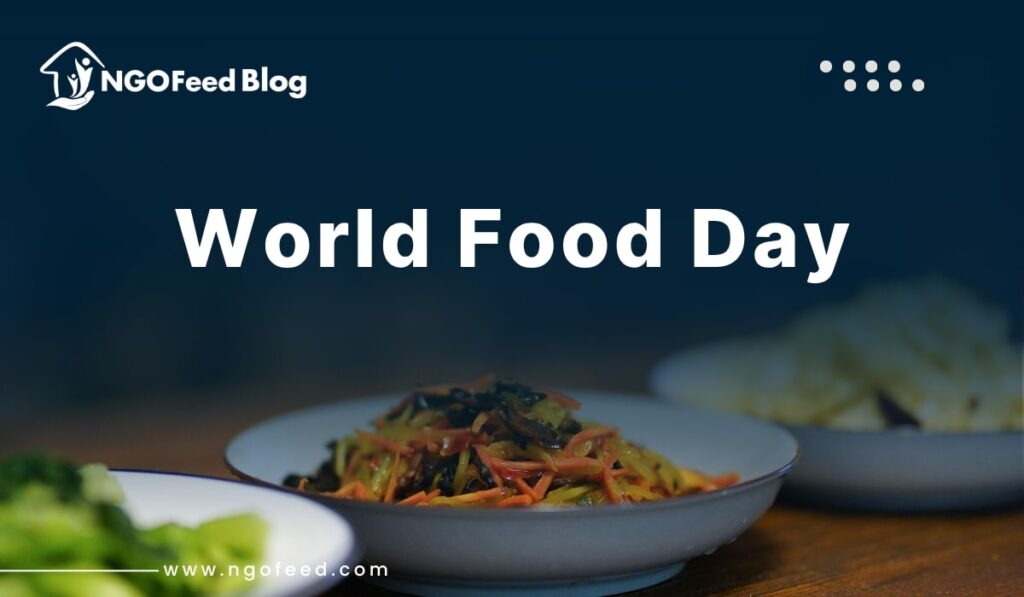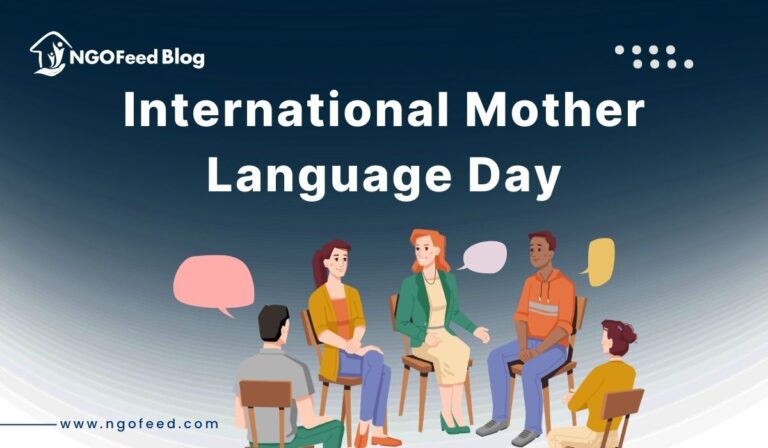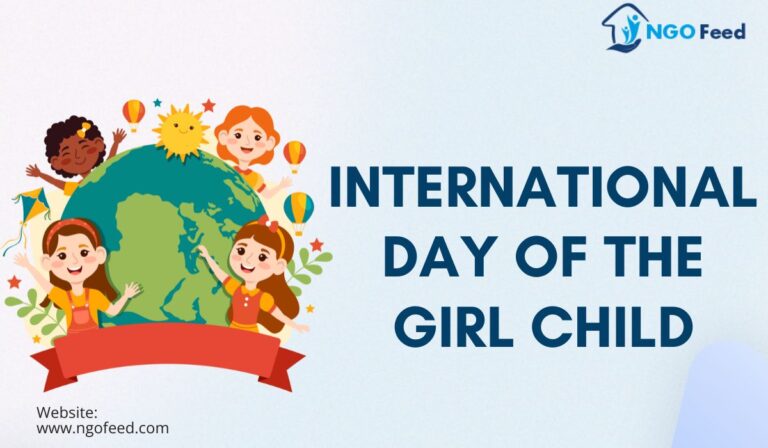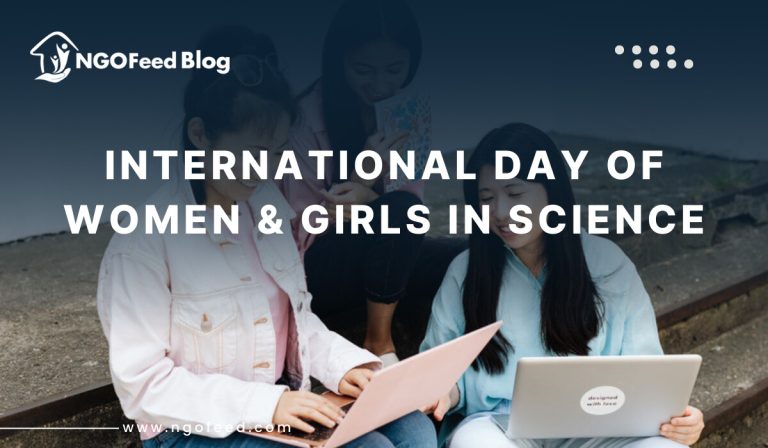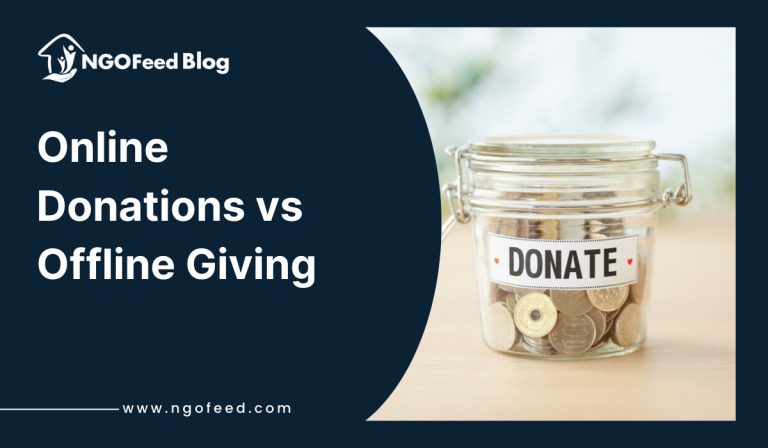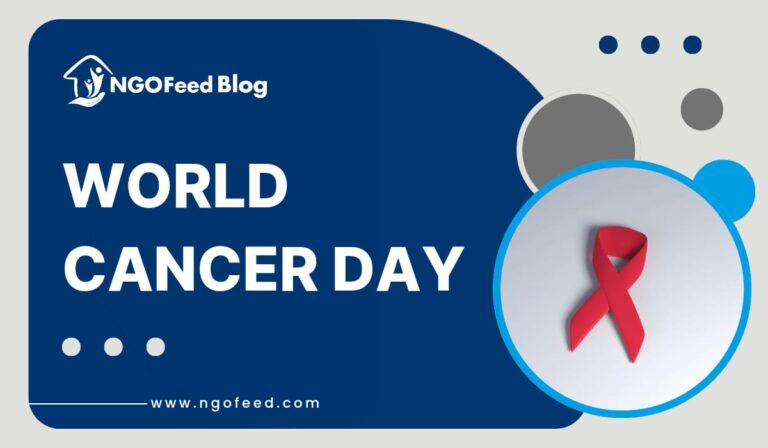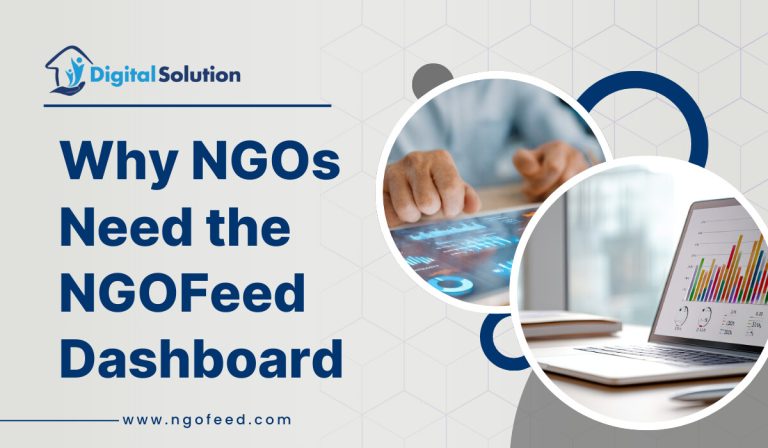Though millions of people worldwide still go hungry, malnourished, and food insecure, food is among the most basic human needs. Every year, the United Nations marks 16 October as World Food Day to draw worldwide notice to this pressing problem. The day underlines how crucial it is to guarantee that every individual has access to enough, safe, nutritious food and to attain food security for everyone.
World Food Day reminds us of the need of collective responsibility among people, communities, and countries to eliminate hunger, support sustainable agriculture, and create resilient food systems. It is a call for action to change our food production, distribution, and consumption patterns so as to guarantee a healthier world free of hunger.
Table of Contents
History of World Food Day
During its 20th General Conference, the Food and Agriculture Organization (FAO) of the United Nations set World Food Day. 16 October commemorates the FAO’s creation date in 1945.
Dr. Pál Romány, the former Hungarian Minister of Agriculture, first suggested this worldwide event to acknowledge the contributions of the FAO in Strengthening worldwide food security and nutrition.
Over 150 nations have observed World Food Day since it started, hence it is among the most widely celebrated UN events. It has developed over time from simply underlining hunger to tackling bigger issues, including sustainable agriculture, climate change, biodiversity, and world food justice.
World Food Day 2025 Theme
Though the official theme for 2025 will be made available closer to the date, recent themes offer information on its current goals:
- 2025: The theme for World Food Day 2025 is “Hand in Hand for Better Foods and a Better Future,” which highlights the need for global, collaborative action to achieve a more sustainable and food-secure world. This theme also serves as a tribute to the 80th anniversary of the United Nations’ Food and Agriculture Organization (FAO).
- 2024: “Water is life, water is food. Leave no one behind.”
- 2023: Leave no one behind; water is life and food.
- 2022: Leave no one behind.
- 2021: “Safe food right now for a tomorrow of health.”
Emphasizing climate resilience, sustainable food systems, and fair access, the anticipated theme for 2025 might carry on.
One might be:
“Building a Sustainable Food Future: Nourishing People and Planet.”
The subject highlights the connection between fair resource distribution, environmental sustainability, and human well-being.
Why does World Food Day count?
World Food Day is important for its worldwide goal of eradicating hunger and malnutrition while also advancing sustainable means of food supply and production. Over 700 million people worldwide still suffer from hunger even in light of agricultural and technological developments.
Fundamental justifications for its importance:
- Increases Knowledge of Starvation: It reminds the globe that everyone should have basic human rights, not advantages, to food.
- Encourages Sustainable Agriculture: Promotes creative in environmentally friendly and resource-efficient agricultural methods.
- Helps to maintain world unity: Unites governments, NGOs, farmers, and people under a common cause to eradicate hunger.
- Stimulates Action against Food Waste: More than 30% of food produced worldwide is squandered; today encourages people to develop sustainable consumption practices.
- Links food to climate action: Shows how agriculture is impacted by climate change and emphasizes the necessity of resilient food systems.
- Empowers Farmers and Rural Communities: Understands how important farmers are in feeding the planet sustainably, particularly smallholders.
Role of nonprofits and civil society
Tackling starvation, food insecurity, and malnutrition depends mostly on non-governmental organizations (NGOs). Their local presence, advocacy, and humanitarian activities supplement official and international programs.
Important NGO contributions:
- Food Relief and Distribution Activities: NGOs guarantee food for needy populations, including refugees, disaster victims, and the underprivileged, during times of crisis.
- Programs in Community Nutrition: Many NGOs fight malnutrition through child nutrition, maternal health, and school meal initiatives.
- Agricultural Education and Assistance: NGOs instruct farmers in organic farming, water preservation, and sustainable land management.
- Advocacy and Enlightenment: Organizations advocate for fair trade practices, decreased trash, and equal food policies.
- Partnerships and Policy Support: Working with governments and the FAO, WFP (World Food Programmer), they carry out food security projects.
Examples:
- Focusing on food relief and hunger alleviation is the World Food Programme (WFP).
- Oxfam International focuses on sustainable agriculture and fair trade.
- Millions of schoolchildren get mid-day meals from the Akshaya Patra Foundation (India).
- Feeding India (by Zomato) distributes leftover food to those in need.
- Action Against Hunger raises awareness of health around the world and fights malnutrition.
Why do we observe World Food Day?
Celebration of World Food Day honors the founding of the Food and Agriculture Organization and helps to raise worldwide resolve for the fulfillment of Zero Hunger (SDG 2).
The party is not only recognizing hunger but also grasping the whole food system—from how food is grown, transported, and consumed to how garbage is handled.
Celebrating this day helps:
- Highlight the need of sustainable food production.
- Encourage friendship with those facing hunger and poverty.
- Promote worldwide collaboration for fair food systems.
- Improve your will to uphold the UN’s Sustainable Development Goals (SDGs), especially SDG 2: Zero Hunger.
Activities and Events of Compass
Governments, schools, and nonprofits organize many activities all over to honor World Food Day. These events hope to create action, promote conversation, and increase knowledge.
Among the most typical activities are:
- Food Drives and Donations Campaigns:
- Gathering food supplies for local shelters and food pantries.
- Fairs for community feasts and food:
- Encouragement of good food and sharing regional, nutritious meals.
- Seminars and Workshops: Talking about food policy, climate-smart agriculture, and sustainable agriculture.
- Programs for Schools: Poster design, essay writing, and quiz contests about food and nutrition.
- Cooking Shows: Highlighting traditional foods and nutritious recipes.
- Awareness Marches and Media Campaigns: Promoting ideas about food equity and sustainability using radio, television, and social media.
- Kitchen gardens and tree plantings: Urging families and institutions to cultivate their own food.
- Paying Farmers and Food Workers Respect: Acknowledging those who labor tirelessly to feed everyone.
Individual World Food Day Celebration Instructions
Through little but significant actions, everyone can help to create World Food Day:
- By careful meal planning, prevent food waste.
- Make food donation to nearby shelters or food banks.
- Help organic markets and regional farmers.
- Inform friends and family about environmentally friendly food options.
- Help with a neighborhood feeding program.
- In your yard, plant herbs, vegetables, or fruit trees.
- Social media should be used to share facts on sustainability and hunger.
Conclusion
World Food Day is more than just a celebration; it is a summons for group action. It serves as a reminder that everyone has a responsibility in the battle against hunger, not just one country or group.
Observance of this day highlights the necessity of fair, sustainable, and resilient food systems in an era when technical advancement and plenty coexist with poverty and hunger. Through collaboration between governments, NGOs, farmers, and people, we may create a world where food turns into a symbol of justice, dignity, and health for everyone.
As the FAO’s slogan reminds us:
“Better output, better nutrition, a better environment, and a better life.”
Frequently Asked Questions (FAQs)
1. When is World Food Day observed?
World Food Day is celebrated every year on 16 October.
2. Why is it celebrated on this date?
It marks the founding anniversary of the Food and Agriculture Organization (FAO) of the United Nations in 1945.
3. What is the goal of World Food Day?
Its goal is to promote global awareness and action toward ending hunger, ensuring food security, and promoting sustainable agriculture.
4. Who organizes the observance?
The day is organized by the FAO, with support from the United Nations and numerous partner organizations worldwide.
5. What are some common World Food Day activities?
Food donation drives, seminars, exhibitions, school competitions, and awareness campaigns.

